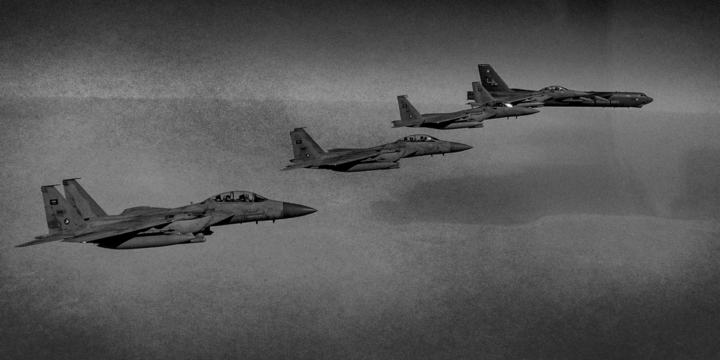October 3, 2024
Israeli actions have the cover of ‘moral hazard’—a touch of ambiguity might give U.S. pressure greater weight

Sometimes, superpowers have a hard time getting smaller allies to do what they want with the assistance they provide. Often, it is to the detriment of the larger power’s interests.
The United States has faced a fair bit of this in recent decades. In Africa, U.S. partners Chad, Niger and Burkina Faso have diverted U.S. security assistance and training intended for counterterrorism toward suppression of political opponents, or for military coups that undermined human rights and only increased the risk of terrorism.
Similarly, Saudi Arabia in the 2010s used U.S. military support meant to shore up Saudi security against Iran to enter and expand a brutal war in Yemen that ended up strengthening the same Houthi rebels who are today attacking U.S. warships in the Red Sea.
Political scientists have a term that covers this phenomenon: moral hazard. It defines a dynamic whereby a great power’s commitment to protect an ally with a revisionist streak—that is, a wayward ally seeking to alter the status quo or shake up the settled order– insulates the ally from the risks of its own behavior, thus encouraging reckless actions.
More on Middle East
Featuring Jennifer Kavanagh
August 28, 2025
Events on Israel







